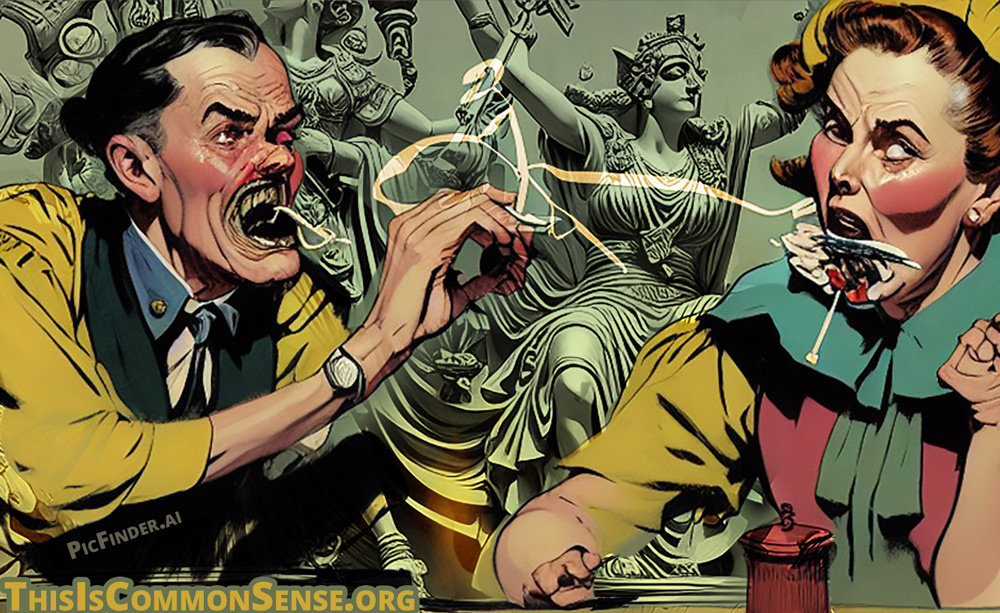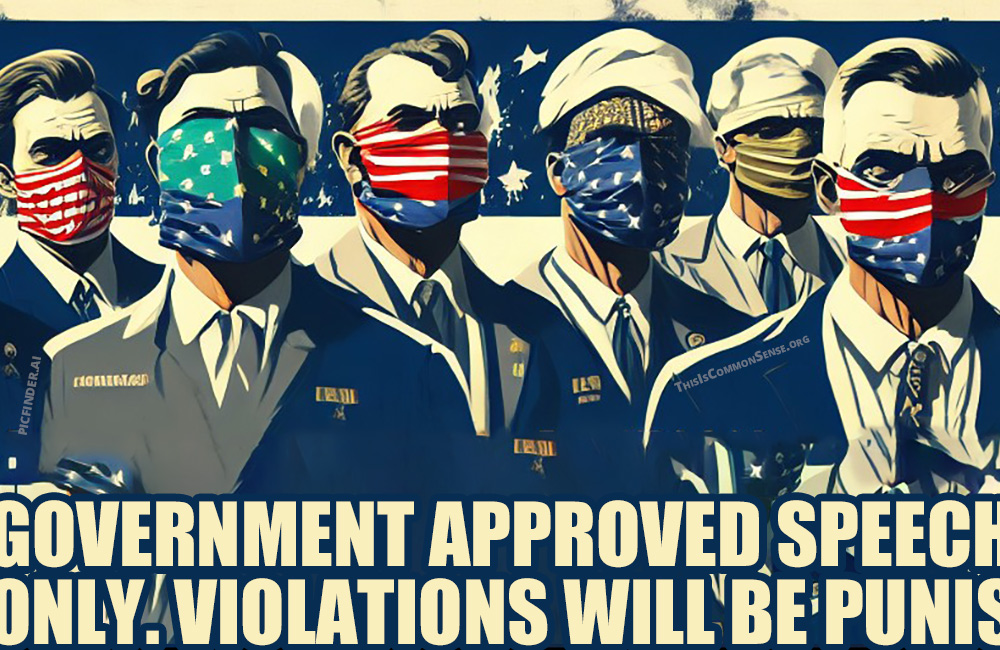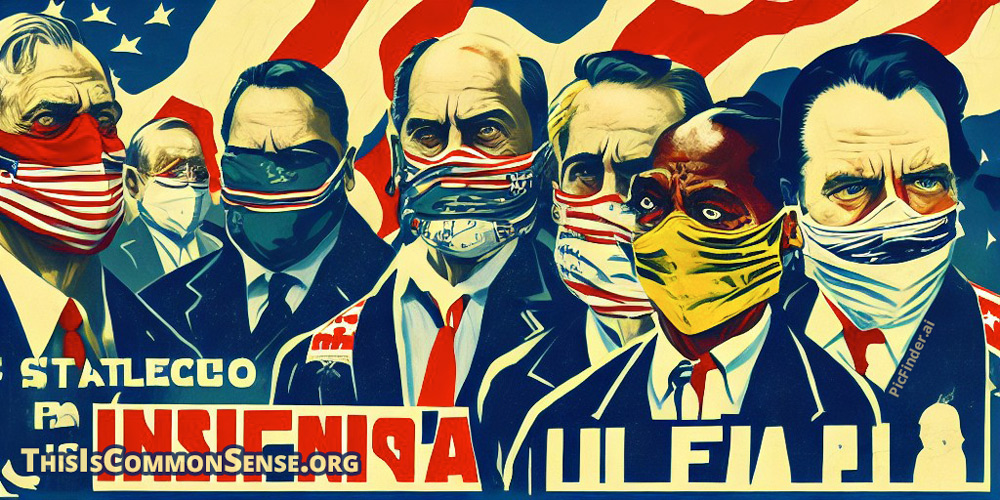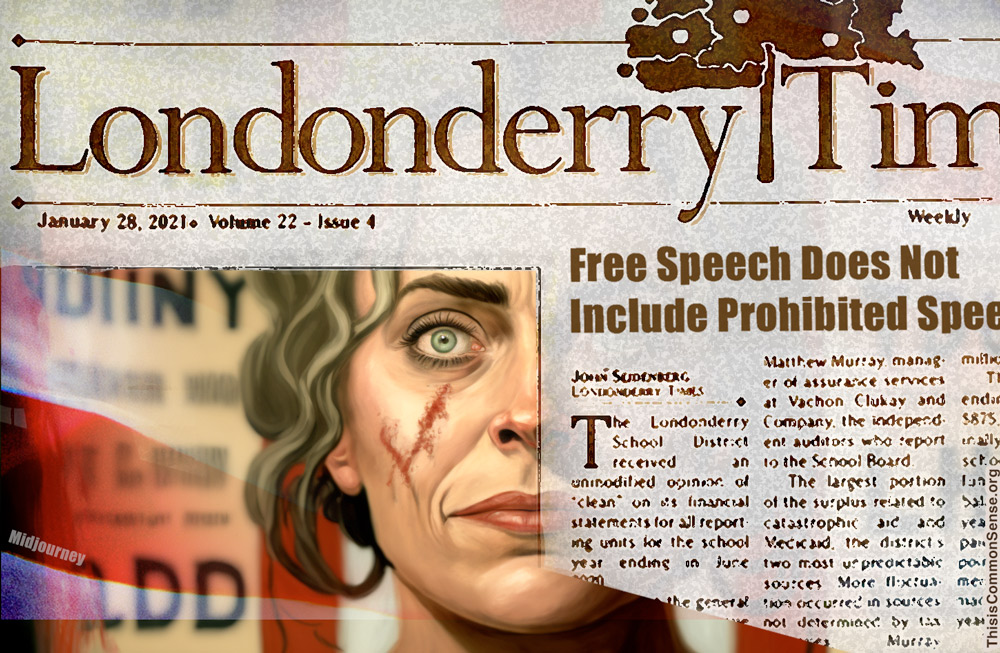The Iowa house has acted to make it easier for persons in the state to speak without getting sued into oblivion.
By a 94 – 1 vote, representatives passed House File 177, an anti-SLAPP bill that provides for prompt dismissal of lawsuits intended to intimidate people into silence rather than to redress wrongdoing. (A SLAPP is a “strategic lawsuit against public participation.”)
The bill seeks to protect “the exercise of the right of freedom of speech and of the press, the right to assemble and petition, and the right of association.”
One lawmaker behind the bill, Republican floor manager Steven Holt, said that he made it a priority after the Carroll Times Herald was litigated into penury for reporting on the case of a local married police officer, Jacob Smith, who had pursued inappropriate relationships with teenage girls.
Just before the paper published its findings, Smith resigned from his job. Then he promptly sued the Herald for libel. The reporting would make things tough for him, he attested.
The suit failed, but not before a year in court that cost the small-town newspaper about $140,000 in legal fees and related expenses. (The paper has launched a GoFundMe campaign to recover this amount.)
David Keating, president of Institute for Free Speech, says that if the anti-SLAPP bill is enacted, “Iowa would leap from last to best in the nation at preventing frivolous lawsuits from threatening free speech.”
Let’s hope that all other states then play catch-up.
This is Common Sense. I’m Paul Jacob.
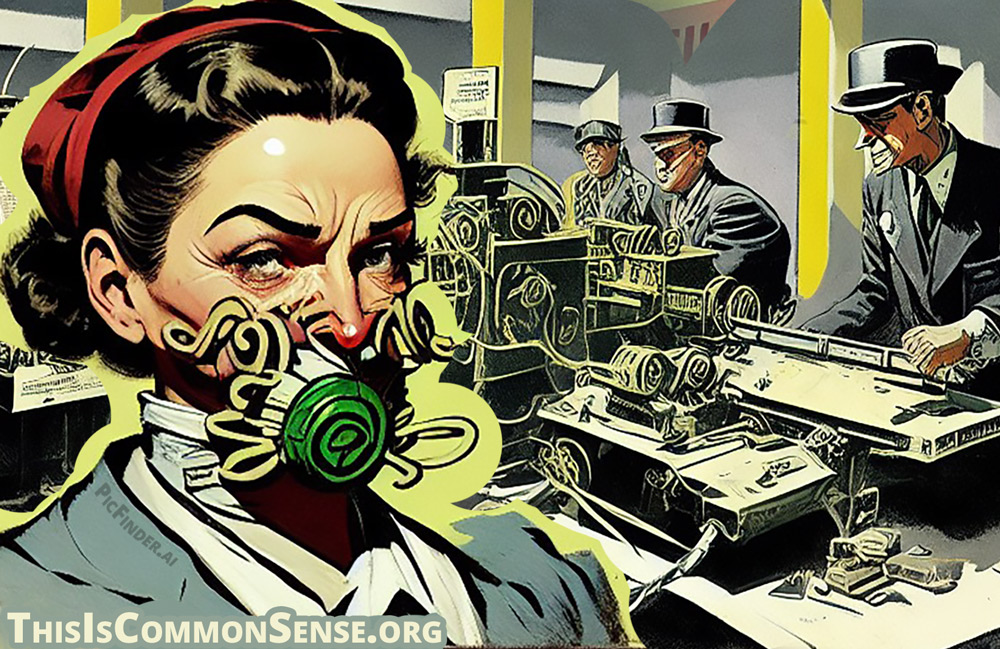
Illustration created with PicFinder.ai
—
See all recent commentary
(simplified and organized)
